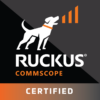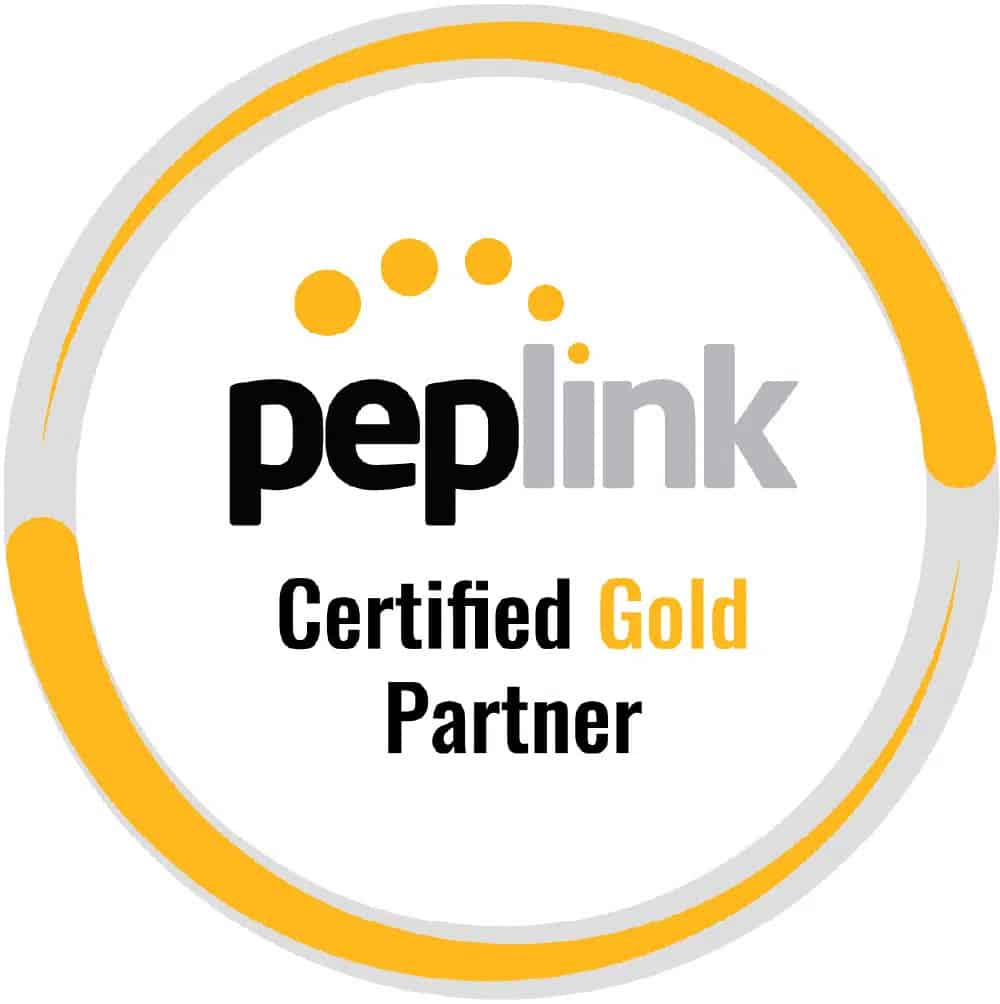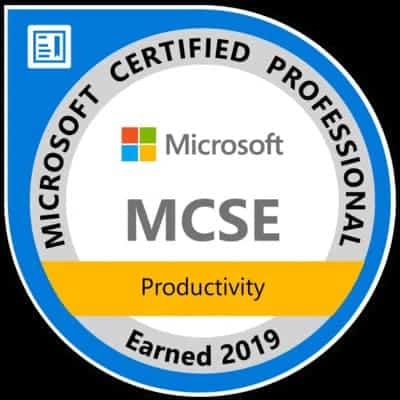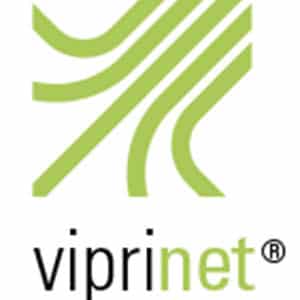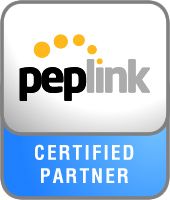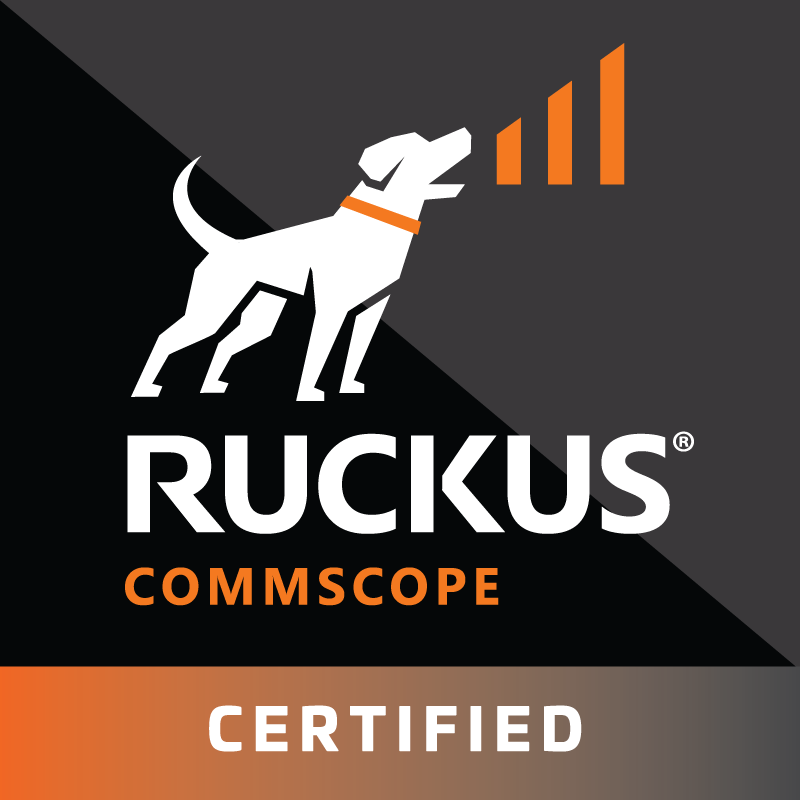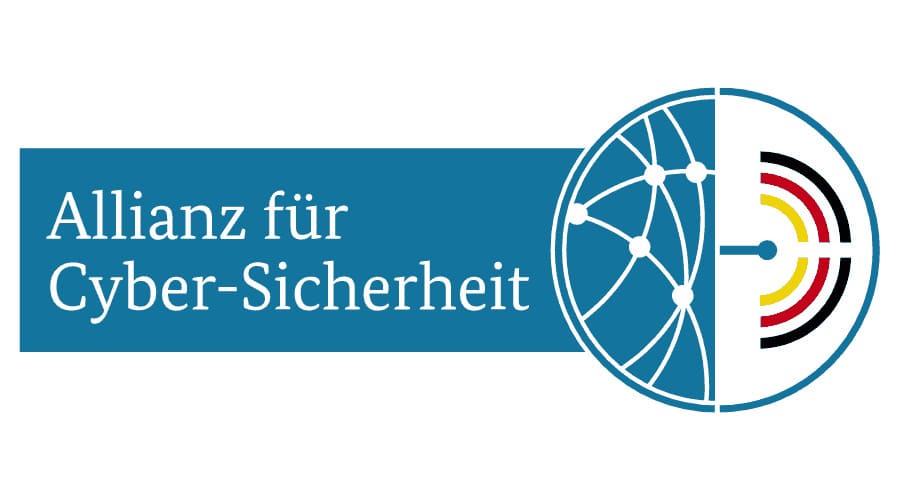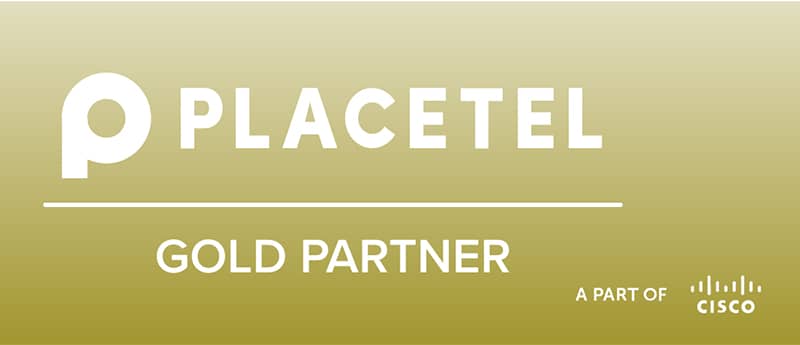Introduction to WLAN hotspots

A Wi-Fi hotspot allows users to connect to the internet via wireless networks.
These access points are often found in public places such as cafés, airports and libraries.
Companies are increasingly turning to managed WLAN solutions to ensure reliable and secure Internet access.
A leading brand in this area is Ruckus, known for its high-performance access points and mobile WLAN solutions.
With the increasing number of Wi-Fi-enabled devices, such as smartphones and laptops, a stable and fast WLAN is becoming increasingly important. A well-configured WLAN not only improves the connection quality, but also the user experience. By using managed Wi-Fi and high-quality access points, companies and public institutions can offer their users a better and more secure Internet.
With the increasing number of Wi-Fi-enabled devices, such as smartphones and laptops, a stable and fast WLAN is becoming increasingly important. A well-configured WLAN not only improves the connection quality, but also the user experience. By using managed Wi-Fi and high-quality access points, companies and public institutions can offer their users a better and more secure Internet.
Advantages of using WLAN hotspots
The use of WLAN hotspots offers numerous advantages.
Firstly, they enable simple and fast Internet access in public places such as cafés, airports or libraries.
This boosts productivity as users can work or research on the move.
Secondly, Wi-Fi hotspots are often cheaper than mobile data, which is particularly beneficial for frequent travelers.
Thirdly, they offer the opportunity to save data volume, which is particularly advantageous with limited mobile phone tariffs.
In addition, Wi-Fi hotspots can also serve as an emergency internet connection if the home network fails.
Finally, they promote social networking by enabling people to meet and collaborate in public places.
Overall, Wi-Fi hotspots provide a flexible, cost-effective and accessible solution for Internet access.

Important hardware and software components
Managed WLAN, access points and mobile WLAN are essential hardware components for a high-performance network.
Access points enable devices to connect to the WLAN and ensure stable and fast data transmission.
Managed WLAN offers the option of centrally managing and monitoring the network, which improves security and efficiency.
Software components such as WLAN management tools and security software are also crucial. These tools help to manage network resources, monitor network activity and ensure trouble-free operation. Security software protects the network from unwanted access and threats from the internet.
A well-configured Wi-Fi network enables better connectivity and improves the user experience. Both hardware and software play a crucial role in ensuring seamless integration of LAN and WLAN to provide a reliable and fast internet connection.
Software components such as WLAN management tools and security software are also crucial. These tools help to manage network resources, monitor network activity and ensure trouble-free operation. Security software protects the network from unwanted access and threats from the internet.
A well-configured Wi-Fi network enables better connectivity and improves the user experience. Both hardware and software play a crucial role in ensuring seamless integration of LAN and WLAN to provide a reliable and fast internet connection.
Security measures for WLAN hotspots
Security measures for WLAN hotspots are essential to protect sensitive data and prevent unauthorized access.
A managed WLAN ensures a high level of security through centralized administration.
It is advisable to use access points with the latest security protocols such as WPA3.
In addition, a VPN connection should always be used to encrypt data transmission.
For mobile Wi-Fi, we recommend activating encryption functions and using strong, regularly updated passwords. It is also important to regularly update the firmware of the devices and access points to close new security gaps.
Monitoring the network for unusual activity and using firewalls also contribute to security. Finally, Internet access at Wi-Fi hotspots should always be used with caution, especially when transmitting sensitive information.
For mobile Wi-Fi, we recommend activating encryption functions and using strong, regularly updated passwords. It is also important to regularly update the firmware of the devices and access points to close new security gaps.
Monitoring the network for unusual activity and using firewalls also contribute to security. Finally, Internet access at Wi-Fi hotspots should always be used with caution, especially when transmitting sensitive information.


Areas of application and possible uses
Managed WLAN offers numerous areas of application and possible uses.
In companies, it enables a reliable and secure connection to local networks (LAN WLAN) and the Internet.
This is particularly important for areas with a high user density, such as conference rooms and offices.
In educational institutions, access points support the networking of computers, tablets and other mobile WLAN devices to ensure smooth access to learning materials and online resources.
In the healthcare sector, a managed WLAN network enables the fast and secure exchange of patient data between different departments.
A well-configured WLAN also improves the service for guests in the catering and hotel industry by enabling them to connect their devices to the Internet without any problems.
Finally, private households also benefit from a managed WLAN, which ensures a stable Wi-Fi connection throughout the home and optimizes the use of smart home devices. A better managed network guarantees greater reliability and security.
In educational institutions, access points support the networking of computers, tablets and other mobile WLAN devices to ensure smooth access to learning materials and online resources.
In the healthcare sector, a managed WLAN network enables the fast and secure exchange of patient data between different departments.
A well-configured WLAN also improves the service for guests in the catering and hotel industry by enabling them to connect their devices to the Internet without any problems.
Finally, private households also benefit from a managed WLAN, which ensures a stable Wi-Fi connection throughout the home and optimizes the use of smart home devices. A better managed network guarantees greater reliability and security.
Optimization and maintenance of WLAN hotspots
The optimization and maintenance of WLAN hotspots is crucial for a stable and fast Internet connection.
Managed WLAN systems such as Ruckus, Peplink and Unifi offer comprehensive solutions for this.
These systems make it possible to manage access points efficiently and maximize network coverage.
In mobile WLAN environments in particular, it is important to regularly monitor performance and make adjustments.
By implementing managed WLAN, companies can ensure that their Wi-Fi networks are always working optimally. Access points should be strategically placed and configured to ensure maximum coverage and minimum interference. Regular maintenance and firmware updates also contribute to stability. Unifi, for example, offers user-friendly interfaces for managing and monitoring Wi-Fi networks.
The combination of Ruckus and Peplink technologies makes it possible to build a robust and scalable network that meets increasing demands. This makes the user experience better and more reliable.
By implementing managed WLAN, companies can ensure that their Wi-Fi networks are always working optimally. Access points should be strategically placed and configured to ensure maximum coverage and minimum interference. Regular maintenance and firmware updates also contribute to stability. Unifi, for example, offers user-friendly interfaces for managing and monitoring Wi-Fi networks.
The combination of Ruckus and Peplink technologies makes it possible to build a robust and scalable network that meets increasing demands. This makes the user experience better and more reliable.



